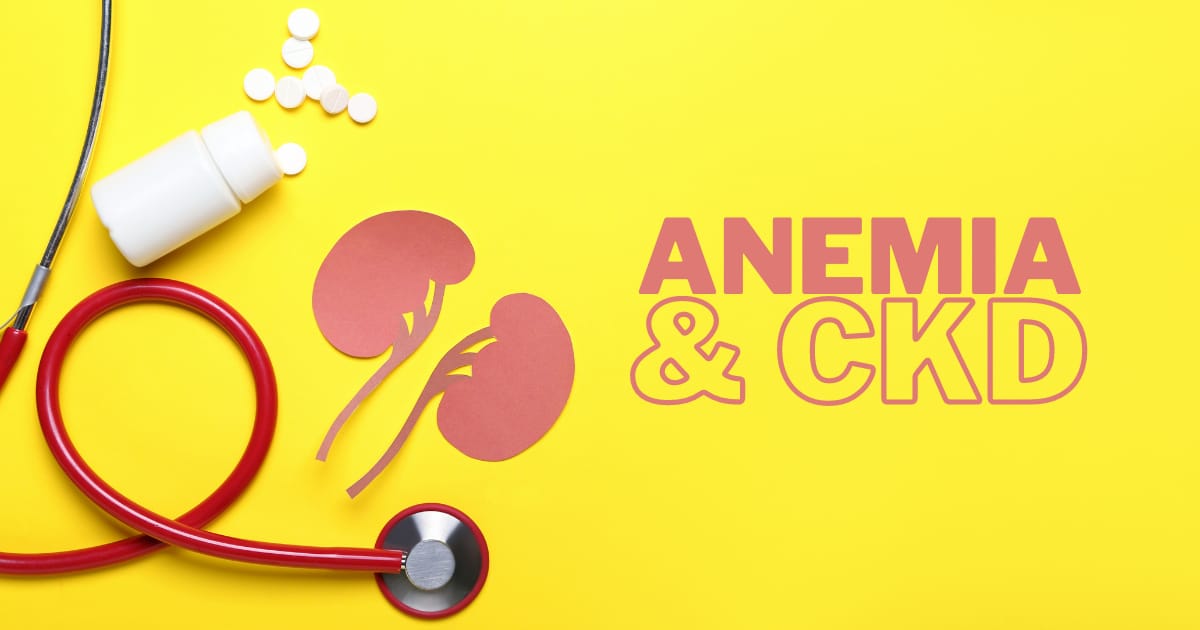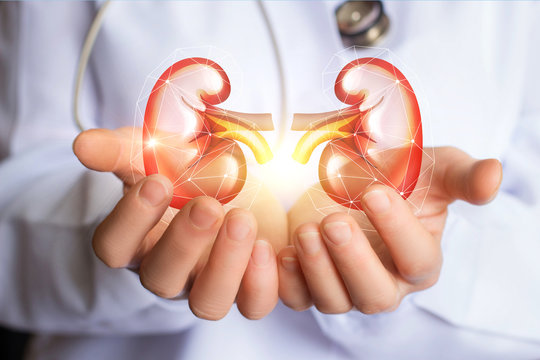
7 Golden Rules of Kidney Disease Prevention



7 Golden Rules of Kidney Disease Prevention
Many of us don't give much thought to our hardworking kidneys. The truth is 33% of adults in the world are at risk for developing kidney disease.
The main risk factors of kidney disease are diabetes, high blood pressure, heart disease, a family history of kidney disease, and obesity.
Here are 7 Golden Rules of Prevention to lower your chances of getting kidney disease.
1. Get regular check-ups
You take your car in for a tune-up to make sure it runs smoothly, so why wouldn't you take care of your body? Your doctor can check for kidney disease with 2 simple tests: a urine test and blood test. A urine test called albumin creatinine ratio (ACR) checks if there is a protein called albumin in your urine. A blood test called glomerular filtration rate (GFR) tells how well your kidneys are working to remove waste from your body.
2. Control Blood Pressure
High blood pressure can damage your kidneys and increase your chances of getting kidney disease. If your blood pressure remains high, your doctor may have you take medicine. Making simple tweaks to your lifestyle, such as cutting back on salt and alcohol, losing excess weight, and exercising can help keep your blood pressure in check.
3. Manage Blood Sugar
Blood sugar levels can be influenced by several factors, including those out of a person's control such as hormones, illness, or stress. Over time, high blood sugar levels can cause blood vessels inside the kidney to become narrow and clogged and can cause damage to the blood vessels and harm the kidneys. If you have diabetes, the best way to protect your kidneys is to positively influence your blood sugar levels as best you can. Your treatment plan may include changes to your diet, exercise, and medicine to lower your blood sugar levels.
4. Eat a Healthy Diet
A healthy diet plan, such as the Mediterranean Diet and the DASH (Dietary Approaches to Stop Hypertension) Diet, can help lower blood pressure and blood lipids (fat in the blood). These eating plans include fresh fruits and vegetables, fat-free or low-fat milk and milk products, whole grains, fish, poultry, beans, seeds, and nuts. They also have less sodium, sugars, fats, and red meats.
5. Exercise
You've heard if before and we're going to say it again: you must exercise. Exercise can help you keep a healthy weight, control blood pressure and cholesterol, build strength and endurance, and lower your chances of getting diseases such as diabetes, heart disease, and kidney disease. There are many types of exercises that can help you stay healthy including walking, household chores, playing a sport, or aerobic exercise (jogging, swimming, biking, climbing stairs, or hiking).
6. Quit Smoking
By now you should know the many dangers associated with smoking. Smoking causes diseases in every organ of the body, including the kidneys. If you are not able to quit smoking on your own, ask your doctor about treatment options.
7. Do not overuse pain medicines
Using too much pain medicines called NSAIDs (non-steroidal anti-inflammatory drugs such as ibuprofen) may cause kidney disease. Long-term use of NSAIDs, especially at high doses, reduces the blood flow to the kidney which causes harm to kidney tissue. Ask your doctor about other medicine to manage pain, such as acetaminophen.

